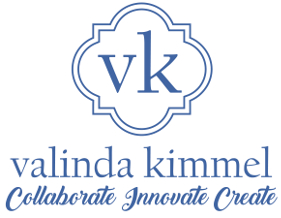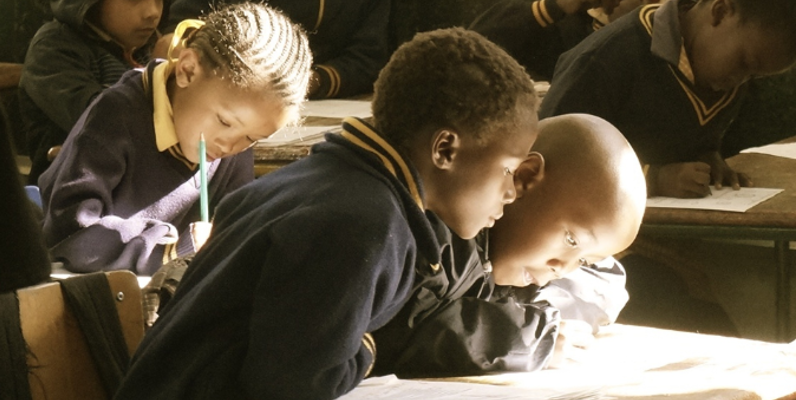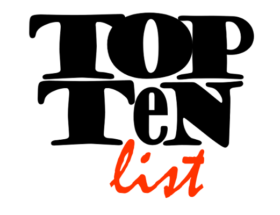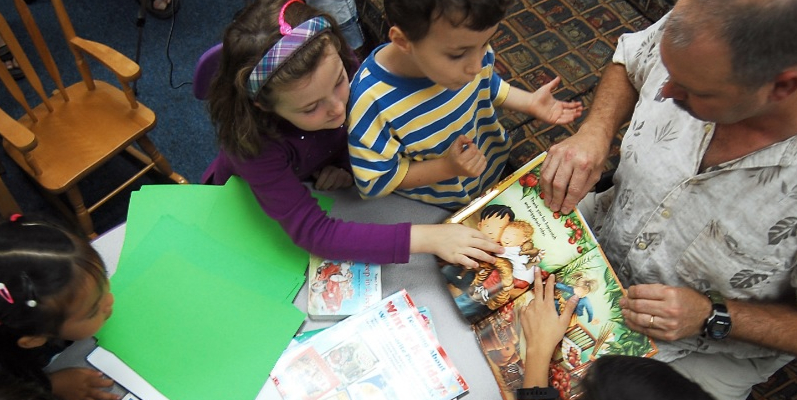Recently, I was invited to a fifth grade classroom to model for a teacher. She wanted to watch me assess several of her students with a new assessment tool her district introduced earlier this year.
Each time I sit down to work with students in this type of scenario, I spend about 7-8 minutes getting to know a little about them. My intention is to let students take a few minutes to talk about themselves so they can relax a little (figure out I’m an OK person) and so I can know them as people and not numbers on a page full of data.
These students I assessed were both boys and were relatively new to the campus. The first student read a selection slightly above grade level and answered the comprehension questions satisfactorily.
The second young man read several levels below where the assessment tool says he should be reading by this point in the year. He was a little challenged by the questions, but fell within the acceptable range.
When the teacher and I sat to debrief, she had several questions about the assessment and then she asked, “So based on the results, what would you do next for these boys?”
I asked her to share first what her thoughts were and she went through a list of ways she was already supporting them.
“I’m concerned about how __________ feels about reading. When we chatted at first, he told me he hasn’t finished a book in over a year. He said he starts them, but them abandons them before the end,” I said.
I suggested the teacher find something from her classroom library that she could recommend personally to this student. We discussed several options and hit upon The Crossover by Kwame Alexander, the track series by Jason Reynolds and The Great Green Heist by Varian Johnson–all books about kids of color written by outstanding authors.

Students Motivation to Read
“I’m not as worried about his ability to read as I am about his motivation to read,” I told his teacher. “He’s reading on-level, but as he read to me, he seems uninterested and almost detached. I would love for him to find books he’s able to connect with so he can begin to choose (and finish) books he comes to love.”
The teacher and I also brainstormed about ways that she could sustain support for him over the next weeks. We discussed how she could find several collections of books with help from her librarian so that this student could choose from those on his own.
The second student was a little more of a challenge as he is a voracious reader, but answering questions about details from the texts is a challenge. When he and I talked before the assessment, we talked at length about books he’s read. (Some of the titles he shared were far above his grade level which surprised me.) He could talk about what he loved in each of the books so it’s clear he’s able to comprehend what he reads. The big concern, however, is that he was not able to pass the state assessment last year.
That fact alone puts this student “at risk” in our current educational climate. Again, the teacher and I discussed what we felt might be the best approach to supporting his growth as a reader. We talk about the fact that he needed continued access to books that engage him, but we felt that he didn’t need to be put into an official intervention group.
The teacher shared that she wanted to set at least three times per week where she conferred with this student to guide him in taking his enthusiasm and love for books and focus on comprehending. She planned to show him how to take information from texts so that he could confidently answer questions.
As our discussion came to a close, the teacher asked, “Is that all?”
She said it seemed a little odd to talk in these ways about readers. “I’m so used to looking at data and then putting kids in groups. This feels really different to talk about what kids might need to create an identity as a reader instead of putting them into some type of remediation.”
Exactly.
But we must talk about the readers we support in these ways. There is much more to the make-up of a reader than how accurately, or fluently they read, and to what degree they are able to answer questions, or retell or summarize.
Don’t get me wrong. I believe wholeheartedly in the importance of the data we collect when we listen to kids read. It’s only one part, though.
Readers are kids. Just kids.
And we need to think about their growth in a holistic way so we reflect on and work to support the reader in more than one way.
Next time we’re looking at columns on a spreadsheet, we should take a minute to think about those students individually and all the other important bits of a reader’s identity.
Our job is then to commit to meeting those needs equally to grow the whole reader.











Yes. Readers are kids. We must know them as readers!